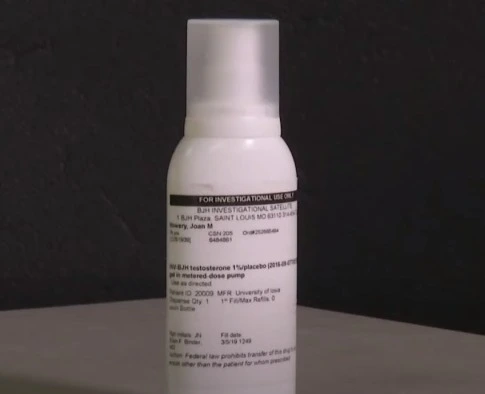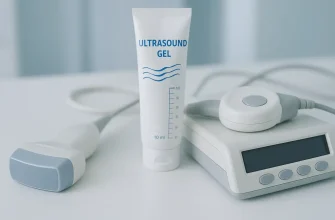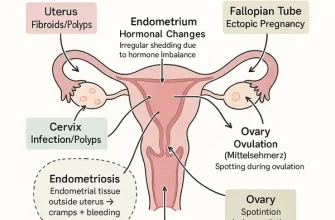Testosterone cream, primarily used to increase testosterone levels in men, has also gained popularity among some women. However, it’s essential to understand the potential side effects associated with testosterone cream use in females. While testosterone plays a crucial role in both male and female bodies, hormonal imbalances or deficiencies should always be addressed under the guidance of a healthcare professional.
Virilization Effects
One of the most significant concerns with testosterone cream use in females is the risk of virilization. Virilization refers to the development of male-like characteristics in women, such as excessive hair growth (hirsutism), deepening of the voice, acne, and an enlarged clitoris. These effects occur due to the increased androgenic (masculinizing) actions of testosterone in the female body.
Hormonal Imbalances
Testosterone cream for females can disrupt the natural hormonal balance. The introduction of exogenous testosterone can interfere with the regular production of estrogen and progesterone, leading to irregular menstrual cycles, changes in mood, and potential fertility issues. Regular monitoring by a healthcare professional is crucial to avoid these imbalances.
Cardiovascular Risks
Studies suggest a potential link between high testosterone levels and an increased risk of cardiovascular complications among women. Testosterone cream use in females may contribute to conditions such as high blood pressure, heart attacks, and strokes. It is crucial to consider individual risk factors before initiating testosterone cream treatment.
Liver Toxicity
Like many medications, testosterone cream can put a strain on the liver. Prolonged and excessive use of testosterone cream by females may lead to liver damage or dysfunction. Regular liver function testing is necessary to ensure that liver health remains uncompromised.
Psychological Effects
Hormonal fluctuations resulting from testosterone cream use can impact a woman’s mood and behavior. Increased irritability, aggression, and mood swings have been reported as potential side effects. Monitoring and addressing these psychological effects are important for overall well-being.
Conclusion
It is important to understand that women should only use testosterone cream after a detailed evaluation and diagnosis by a healthcare provider. The dosage and duration of usage should be closely monitored to decrease the chances of experiencing side effects. Women who have specific medical conditions, like hormone-related cancers, should completely avoid using testosterone cream.
If you are considering testosterone cream treatment, consult with a knowledgeable healthcare provider who understands the potential risks and benefits for females. A personalized and monitored approach will help minimize side effects and optimize the desired outcomes while ensuring your health and well-being are safeguarded.









